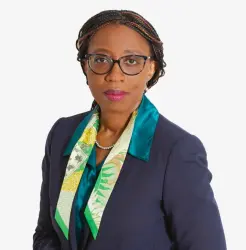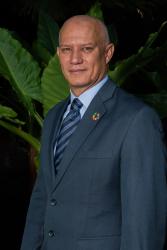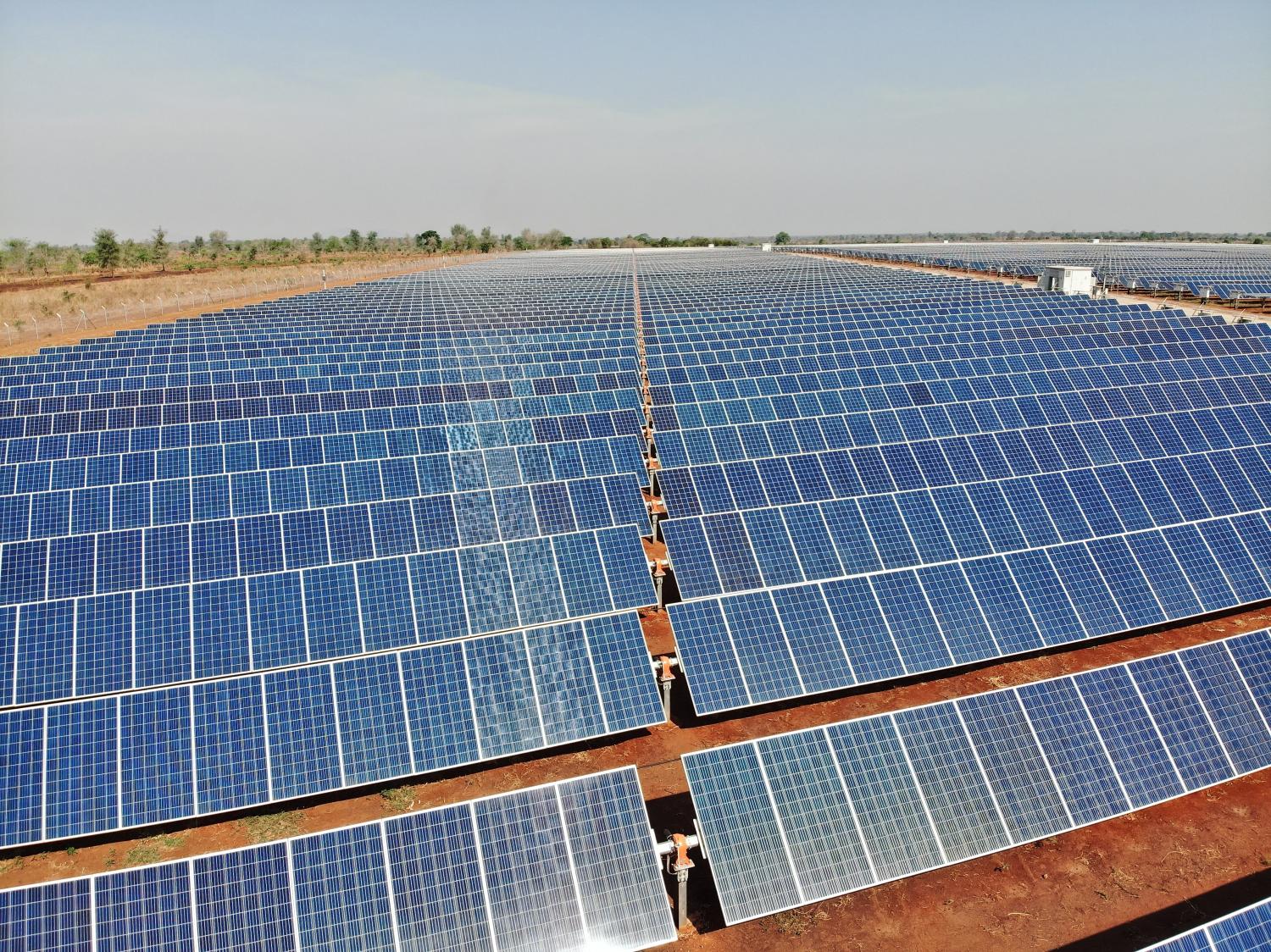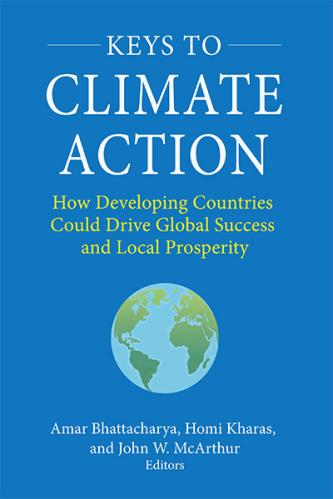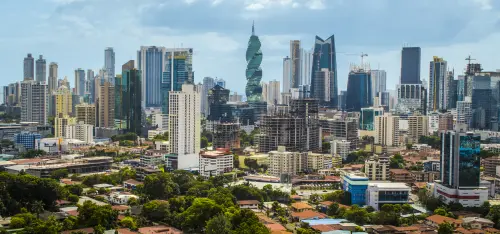This chapter was published in the edited volume “Keys to Climate Action: How Developing Countries Could Drive Global Success and Local Prosperity.”
Africa’s extreme exposure to external shocks—from climate to COVID-19 to the energy and food crisis—poses a fundamental economic strategy question. How to build resilience and accelerate growth simultaneously in an unfavorable global economic environment? For Africa, green transition means transformation to a higher value-added economy that integrates net zero emissions into the pathway to zero poverty and zero hunger. In this working paper, Adam and Songwe propose a comprehensive transformation of the economic system in Africa. They discuss several regional approaches, including carbon taxation and pricing, greening supply chains in trade agreements, addressing weaknesses in the international financial architecture, and common positions on transition fuels, green hydrogen, and country platforms, helping individual countries make the transformation. The working paper conveys a signal that “great green transformation” is the most viable route for a truly African-owned process built on Africa’s energy independence and its ability to multiply trade and investment massively.
Interview with the authors
What is one main message from your chapter? What presents the biggest opportunity?
The fastest and most inclusive growth for Africa is aligned with that of a great green transformation. Targeted investment in the right infrastructure, starting with reliable and affordable access to renewable energy can catalyze a virtuous circle of continental growth, job creation and development pathways consistent with net zero emissions. Meanwhile these pathways also offer meaningful mechanisms for mobilization of resources to be re-invested in sustainable development and climate action.
What serves as the biggest challenge?
The Great Green Transformation is predicated on large scale upfront investment into the required infrastructure. The availability of this investment hinges on bold decisions to be taken in the context of the reform of the international development architecture to fast track this large scale allocation of capital.
What gives you the most hope?
African ownership of the transformation process is already evident through adoption of the African Union’s Green recovery Action Plan for example. There are numerous initiatives that emerged during the COVID-19 pandemic that have demonstrated renewed resolve by African countries to address large scale development problems by enhanced coordination and regional integration- including for example coordination for the procurement of medical equipment and vaccine.
The Brookings Institution is committed to quality, independence, and impact.
We are supported by a diverse array of funders. In line with our values and policies, each Brookings publication represents the sole views of its author(s).
